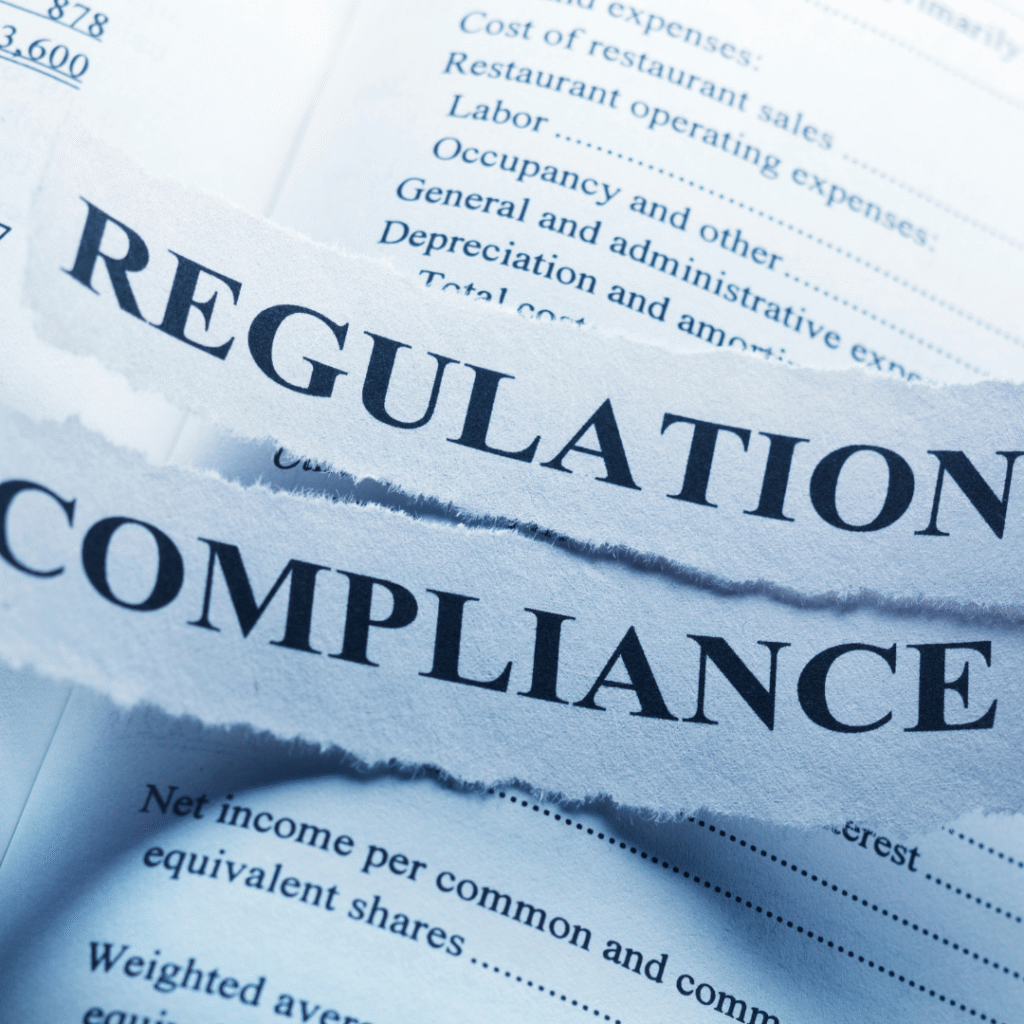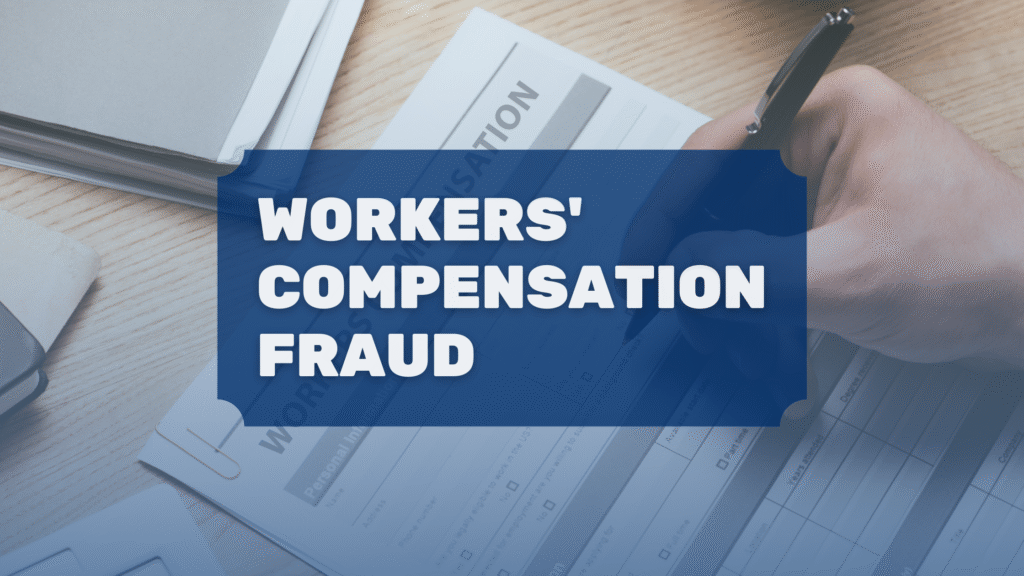June 9, 2025 | JacobiJournal.com – Veteran fraud cases are becoming increasingly common, with scammers targeting individuals with military backgrounds for financial gain. These schemes exploit veterans’ trust, discipline, and service-related identities, making them vulnerable to highly manipulative fraud tactics. According to recent reports from federal agencies, veteran fraud cases have surged alongside the growth of online scams and impersonation schemes, with criminals often posing as veteran advocacy groups or leveraging fabricated military affiliations to gain access to sensitive information.
The Department of Veterans Affairs and the Federal Trade Commission have both issued warnings, highlighting the urgent need for heightened vigilance and reporting mechanisms to combat these deceptive practices. As more veterans engage with financial services, healthcare systems, and employment opportunities online, fraudsters are adapting their strategies to exploit any perceived connection to military service. This trend not only threatens the financial well-being of veterans but also undermines public trust in organizations that genuinely support the military community.
From Service to Scam: How Veteran Fraud Cases Exploit Trust
Fraudsters often seek out veterans for one reason: credibility. Their respected status and honorable service make it easier for scammers to gain trust, bypass scrutiny, and present fraudulent operations as legitimate. In many veteran fraud cases, perpetrators specifically recruit former service members to serve as figureheads—such as CEOs, board members, or spokespeople—without disclosing the scheme’s deceptive nature.
Scammers may offer veterans a share of profits or misleadingly claim that their involvement directly supports veteran causes or military families. These tactics not only fool veterans themselves but also exploit the goodwill the public automatically grants to those who served.
Some fraudulent businesses amplify their legitimacy by using military-themed branding, patriotic symbols, and flag-waving marketing. When these visuals pair with veteran endorsements—whether real or fabricated—they create a powerful illusion of honor and trustworthiness, making it easier to attract investors, donors, or clients.
The Department of Veterans Affairs (VA) now alerts veterans to this growing threat. VA’s VSAFE portal offers resources for recognizing scams tied to fake service records, bogus benefits offers, and impostor organizations falsely claiming affiliation with VA benefits or military service.
Veterans can report suspicious activity via the VSAFE hotline at 833‑38V‑SAFE.
As veteran fraud cases continue to evolve, experts recommend that both veterans and the public verify any claimed affiliation with genuine credentials, scrutinize financial offers, and check corporate filings. Strengthening awareness and implementing early detection strategies can help dismantle these schemes and protect veterans from financial and reputational harm.
The Hidden Cost of Trust
Fortunately, fraud examiners are fighting back. By identifying red flags early and using data analytics, investigators are developing specialized approaches to uncover these schemes. They now look beyond surface-level details, tracing financial links and uncovering shell companies often tied to veteran misuse. These enhanced investigative techniques are critical in dismantling the complex networks that sustain veteran fraud cases, where financial transactions are often layered to obscure the origins of illicit gains.
Moreover, watchdogs are pushing for stricter compliance and better education within the veteran community. Some organizations now offer training specifically tailored for veterans, equipping them with tools to spot and report fraud attempts before they become entangled in illegal activities. This education is vital in preventing veterans from unknowingly becoming accomplices in fraud schemes that exploit their service records and trusted reputations.
Law enforcement agencies have also begun collaborating with veteran advocacy groups to share intelligence on emerging scam tactics. These partnerships aim to strengthen early detection of veteran fraud cases and create clear channels for veterans to seek guidance when approached with questionable business propositions. In addition, regulatory bodies are advocating for improved verification processes within industries frequently targeted by scammers, such as finance, healthcare, and nonprofit sectors.
The impact of veteran fraud cases extends beyond the individuals directly involved. These schemes erode public confidence in veteran-led initiatives and charitable organizations, potentially diverting resources away from legitimate programs designed to support service members and their families. As a result, combating these cases is not only a matter of financial protection but also of preserving the integrity and honor associated with military service.
Investigators Step Up
Fortunately, fraud examiners are fighting back. By identifying red flags early and using data analytics, investigators are developing specialized approaches to uncover these schemes. They now look beyond surface-level details, tracing financial links and uncovering shell companies often tied to veteran misuse.
Moreover, watchdogs are pushing for stricter compliance and better education. Some organizations now offer training to veterans so they can spot and report fraud attempts instead of unknowingly becoming accomplices.
Prevention Requires More Than Awareness
While awareness campaigns help, enforcement and proactive detection are key. Agencies must apply consistent oversight—especially when veteran status is involved in funding, leadership, or endorsements.
Clearer regulations, stricter verification, and continued coordination between law enforcement, veteran organizations, and compliance teams can reduce fraud risks while preserving the honor associated with military service.
Why This Matters
Veterans deserve to be protected—not exploited. As these scams grow in scale and sophistication, fraud examiners, regulators, and the public must remain vigilant. Supporting veterans means shielding them from manipulation just as much as honoring their service.
The rise in veteran fraud cases highlights the ongoing need for comprehensive protections that go beyond public awareness. Policymakers, veteran organizations, and compliance professionals must collaborate to establish stronger safeguards against fraud that specifically targets the military community. By enhancing oversight, providing education tailored to veterans, and ensuring rigorous enforcement of anti-fraud regulations, society can help protect veterans from schemes that seek to profit from their service and sacrifice.
FAQ: Understanding and Preventing Veteran Fraud Cases
What are veteran fraud cases?
Veteran fraud cases involve scams where fraudsters exploit veterans’ military service, credibility, or identity for financial gain. Scammers may use veterans as figureheads in fraudulent businesses or falsely claim military affiliations to attract investors and clients.
How can veterans protect themselves from being exploited in fraud schemes?
Veterans can protect themselves by verifying the legitimacy of business opportunities, avoiding unsolicited financial offers, and consulting with veteran support organizations. Staying informed through fraud prevention training and resources provided by reputable agencies can also reduce vulnerability.
What should I do if I suspect a veteran fraud case?
If you suspect a veteran fraud case, report it to the Federal Trade Commission (FTC), the Department of Veterans Affairs’ VSAFE program, or your local law enforcement. Providing timely information can help authorities investigate and prevent further exploitation.
Stay informed on veteran fraud cases and enforcement updates. Subscribe to JacobiJournal.com for weekly insights on fraud prosecutions and regulatory actions.
🔎 Read More from JacobiJournal.com:
- Tom Girardi Sentenced to Over 7 Years for Stealing Millions from Injured Clients
- Ex-Pasadena Schools Superintendent to Plead Guilty in $44 Million Indiana Virtual School Fraud
- Hospice Fraud and Mobile Job Scams: Identity Theft in Plain Sight
- Contractor Fraud Awareness Week 2025: Strengthening Consumer Protection Against Post-Disaster Scams
- Ex-Westminster Police Officer Charged with Insurance Fraud After Partying on Disability Leave





